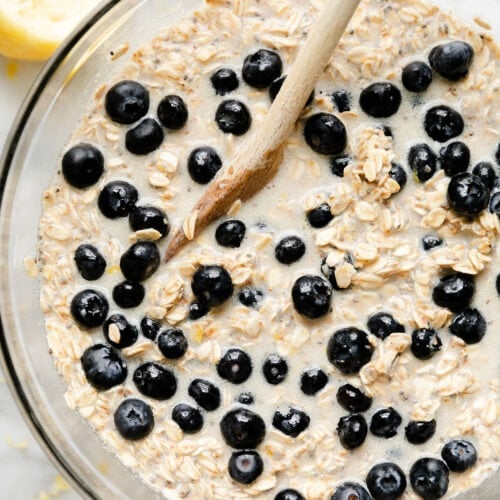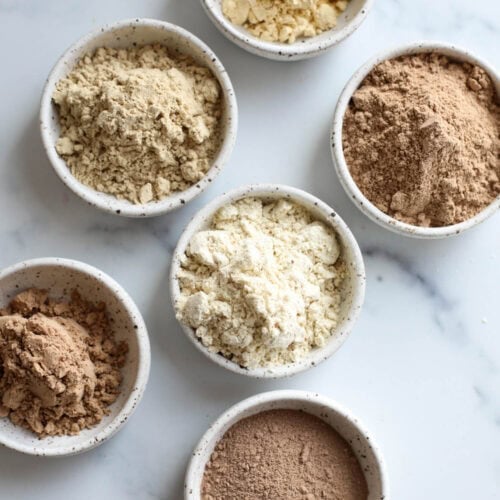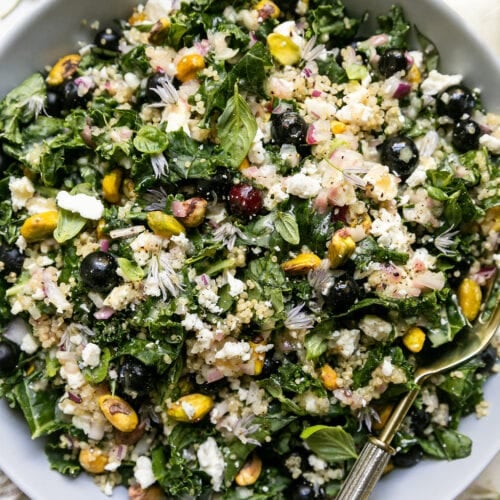Home
Browse our simple, real food recipes
Need to filter multiple?Go to the custom recipe filter

Meet the Dietitians
Our mission is to provide you with healthy, fresh, and delicious recipes made with whole and minimally processed foods. Our recipes are wholesome for all, mostly gluten-free, and customizable for special diets and food allergies.
Jessica Beacom, RDN
Stacie Hassing, RDN, LD
Jessie Shafer, RDN
As Seen In






Get Dietitian-Approved Recipes & Tips delivered to your inbox!
Make this!
Healthy Blueberry Baked Oatmeal
Homemade and easy to make, this Healthy Blueberry Baked Oatmeal makes for a delicious breakfast and is perfect for meal prep. It can be made with fresh or frozen blueberries making it the perfect year-round baked good. Top it with yogurt or whipped topping and a drizzle of maple syrup for something extra delicious.



















